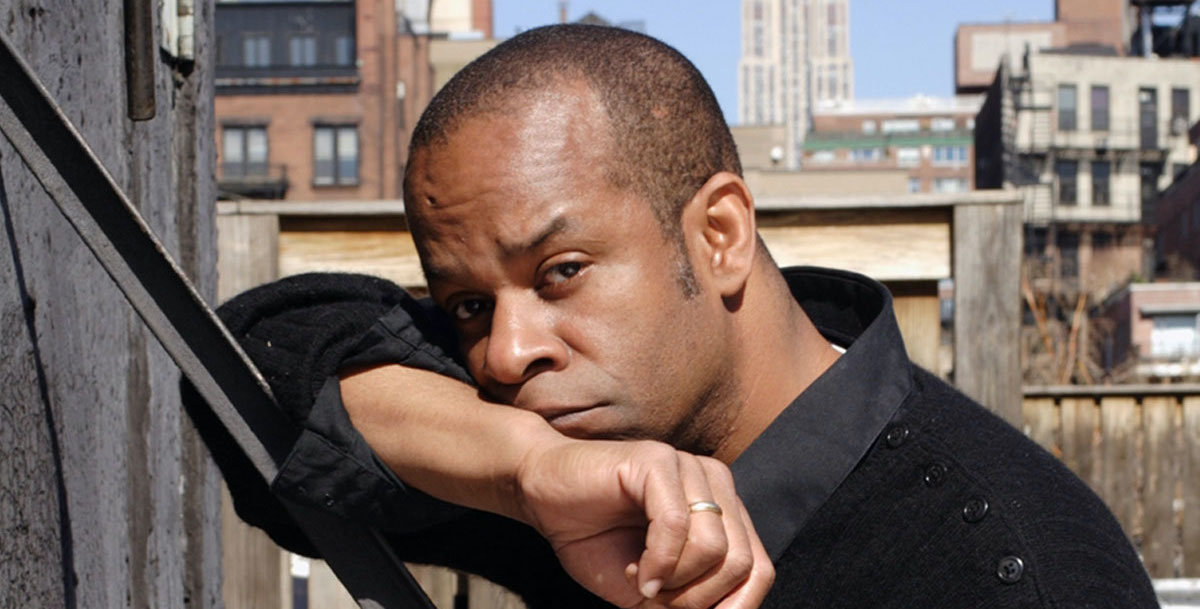Authors have been making things up again.
There are two types of authors: The first writes a fictional book about, say, killing their husband that turns out to be true.
The second writes a book in a strange hybrid of English and Cuban-Spanish that is heralded as a “bravura use of wobbly Spanish” that evokes “the experience of an exile whose native language has been supplanted by a new one,” but turns out to have been broadly invented.
So it goes for the late Afro-Cuban author Hache Carrillo, a former assistant professor of Latin American literature at George Washington University whose 2004 novel Loosing My Espanish about a Cuban high school teacher was welcomed by Latin voices as groundbreaking. The only problem: He wasn’t Cuban at all.
Hache’s birth name was Herman Glenn Carroll, and he was born to a Black family in Detroit, explains D. T. Max in a New Yorker piece you simply must read. His life partner Dennis vanEngelsdorp didn’t realize that he had fabricated parts of his identity until Hache had died and vanEngelsdorp got in touch with Carrillo’s siblings “María, Susana, and Cristóbal,” whose names turned out to be Maria, Susan, and Christopher, and who knew intimately their brother’s complicated passion for confabulation as well as creation.
Newspapers first reported the revelations after Carroll’s death in 2020 from COVID-19. His niece saw an obit and reached out to the Washington Post to advise them that it was false—the family had not fled Fidel Castro’s regime in the 1960s. They had deep roots in Michigan.
From having a child with a Frenchwoman to adopting a virtuoso violinist, Carroll’s many unsubstantiated lives complicate his legacy.
Carrillo’s published work in The Kenyon Review, Conjunctions, and The Iowa Review, and worked at the PEN/Faulkner Institute. He received a Sage Fellowship, a Provost’s Fellowship, and Newberry Library Research Grant.
[via New Yorker]
Editor’s note: This piece has been updated for factual and thematic reasons.





